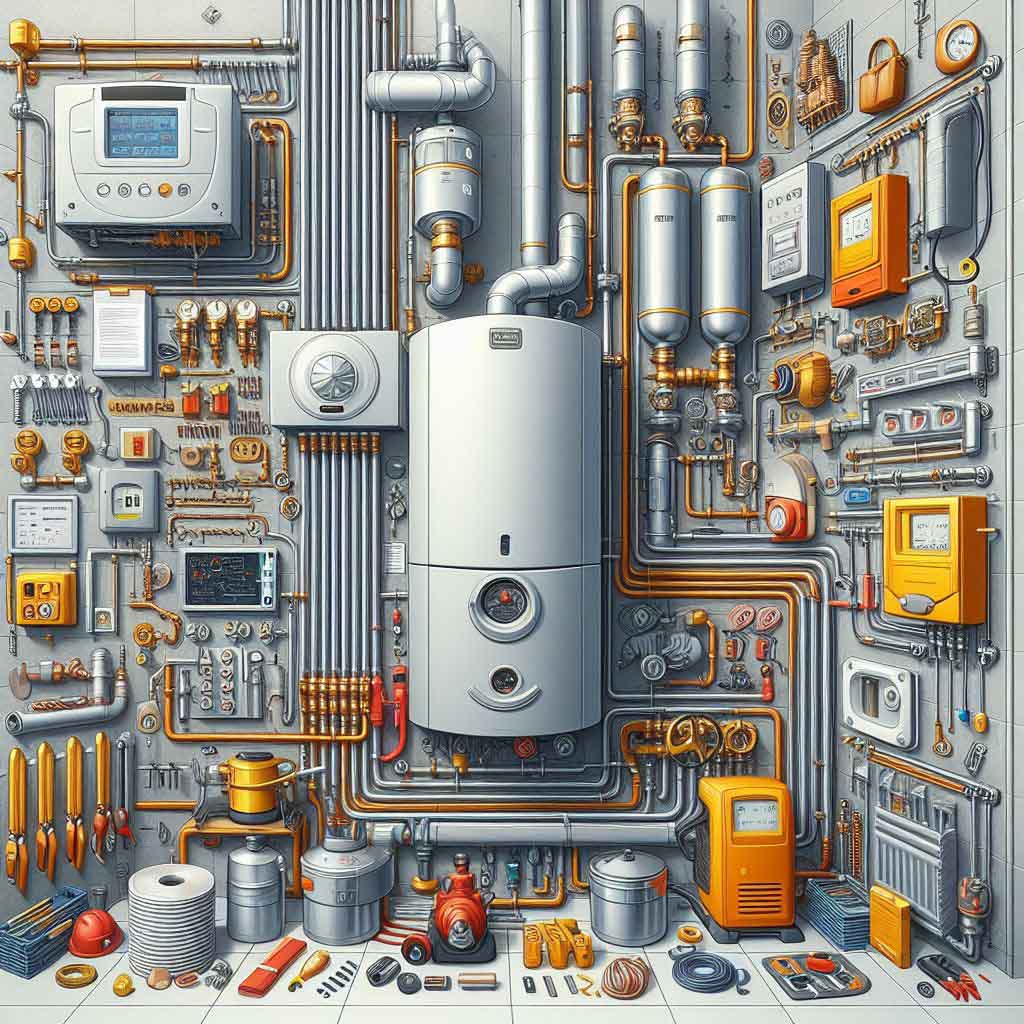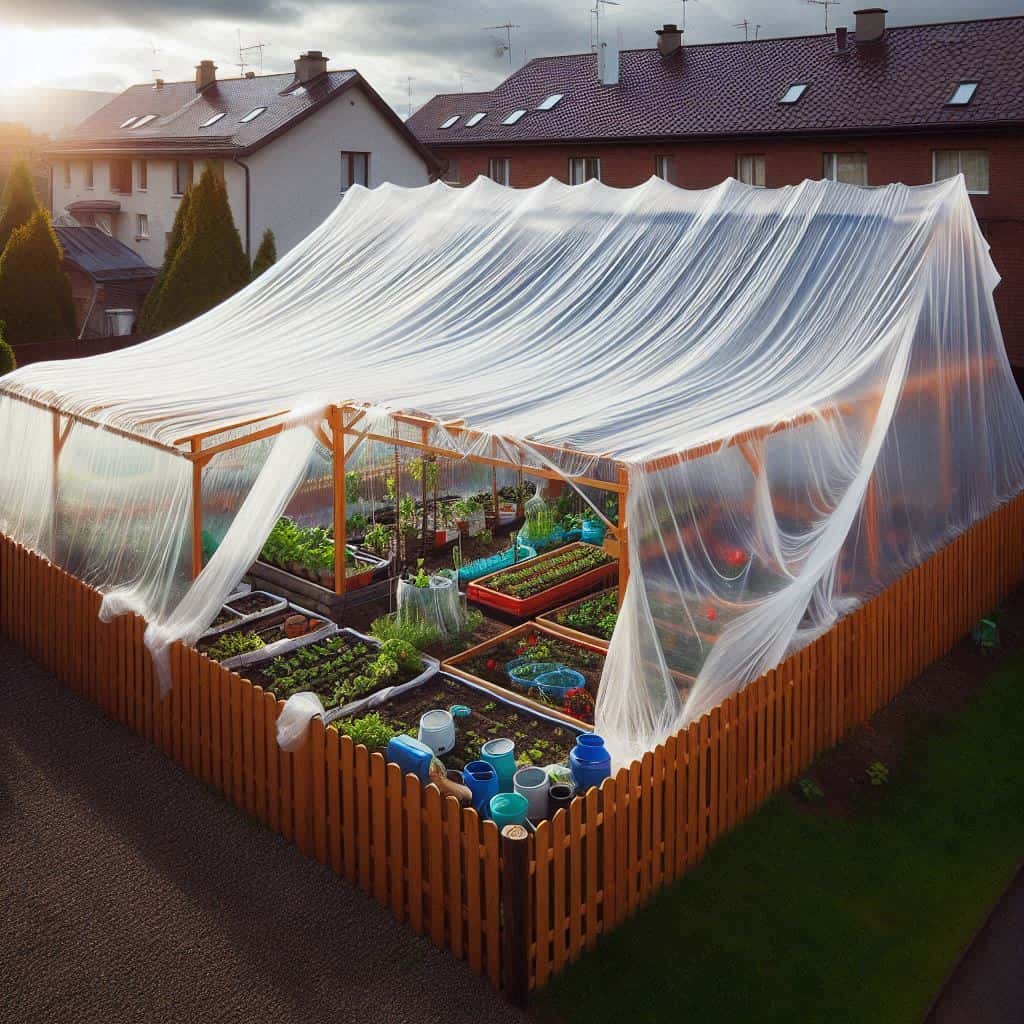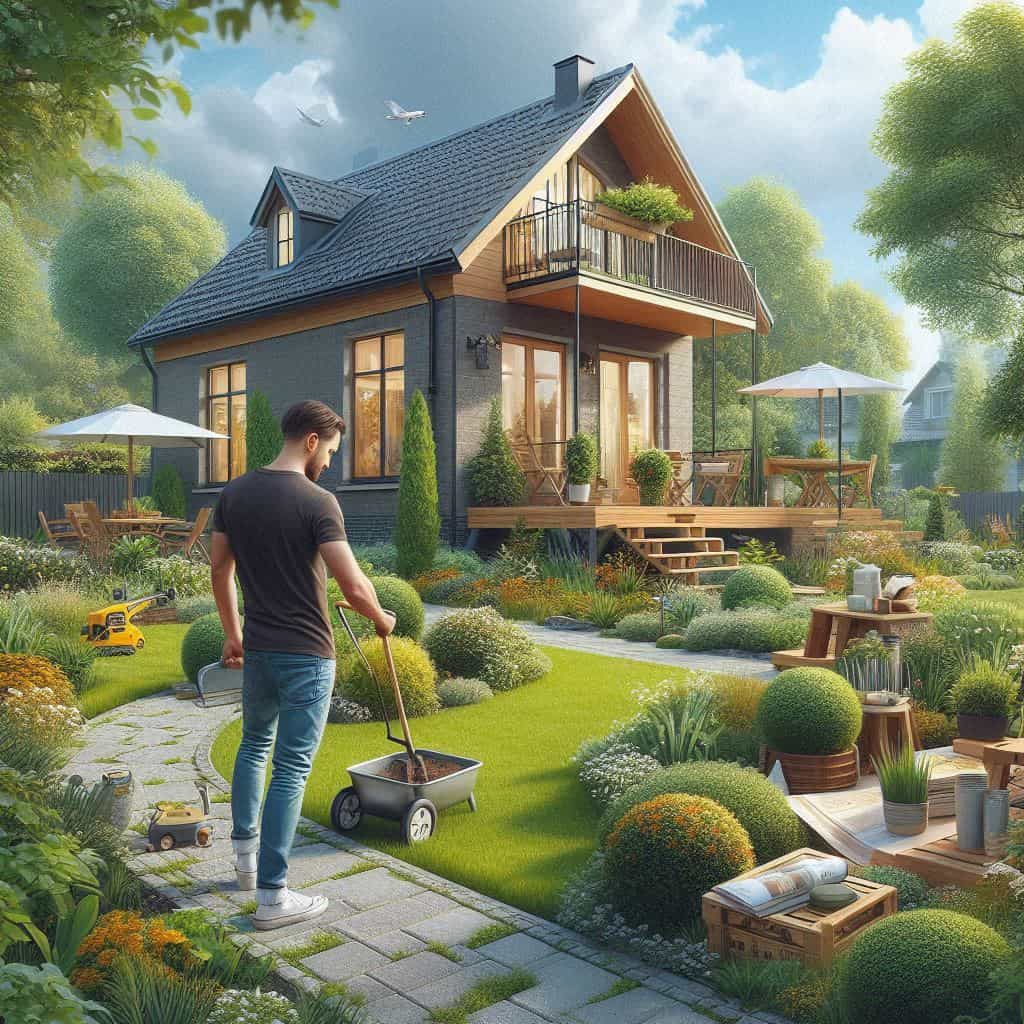The boiler room in a private house is one of the most important spaces, providing comfort and safety for its occupants. It houses heating equipment that provides warmth and may also be responsible for heating water. Here are the essential elements and equipment commonly found in a private house boiler room.
1. Boiler
The boiler is the central piece of equipment in the boiler room. It can run on gas, diesel fuel, solid fuel, or be electric. The choice of boiler depends on the house's needs, fuel availability, and other factors.
2. Heat Transfer Medium
Water is commonly used as the heat transfer medium to carry heat from the boiler to the heating system. This medium circulates through the system, providing uniform heating to all rooms.
3. Distribution System
The distribution system includes pipes, valves, pumps, and other elements that distribute the heat transfer medium throughout the house. It may also include radiators or underfloor heating for room heating.
4. Control Equipment
Thermostats, pressure regulators, automation, and other devices are used to control and regulate the heating system's operation.
5. Safety System
The boiler room should be equipped with a safety system that includes gas and smoke leak detectors, as well as an automatic shutdown system in case of overheating or other emergencies.
6. Maintenance Equipment
Necessary tools, spare parts, and materials should be available in the boiler room for servicing and repairing the heating system.
7. Ventilation
Proper ventilation in the boiler room is essential for safety and the efficient operation of the equipment.
8. Energy Efficiency
When designing and equipping a boiler room, it is important to consider energy efficiency to save resources and reduce heating costs.
Organizing the boiler room in a private house requires attention to detail and the selection of the right equipment. A well-designed and equipped boiler room will provide comfort and safety in your home.



